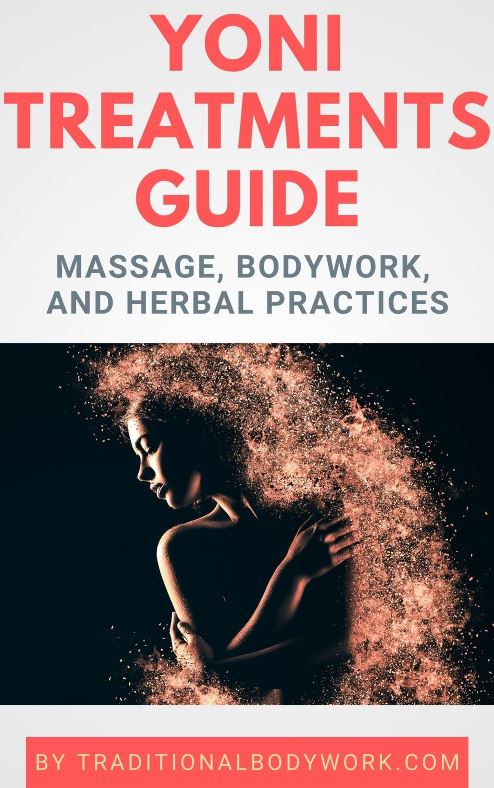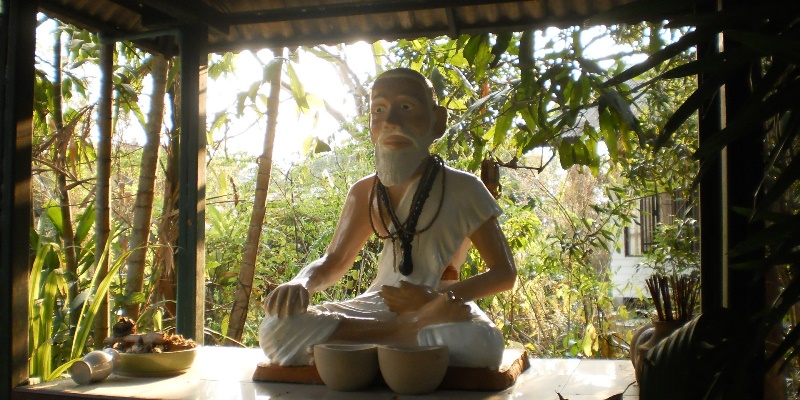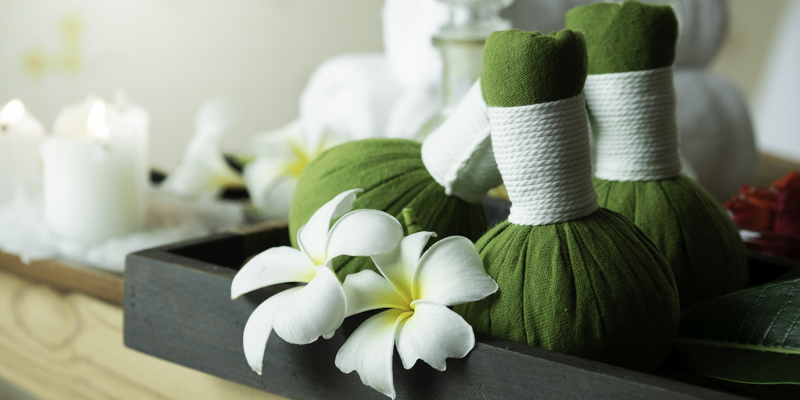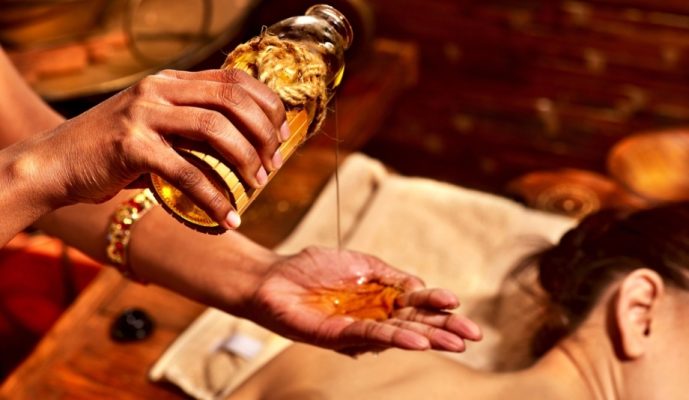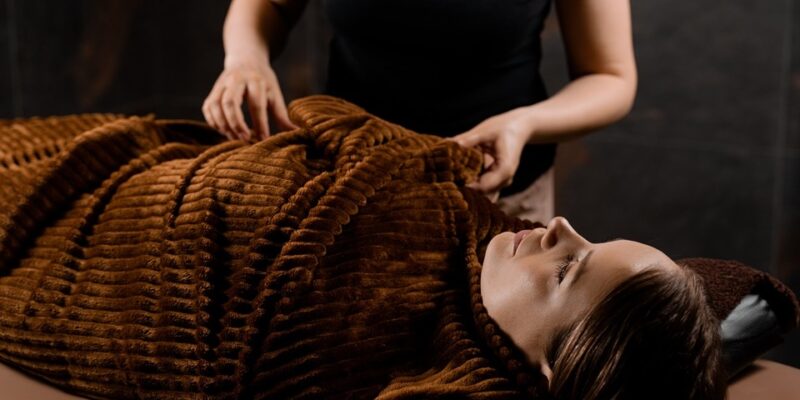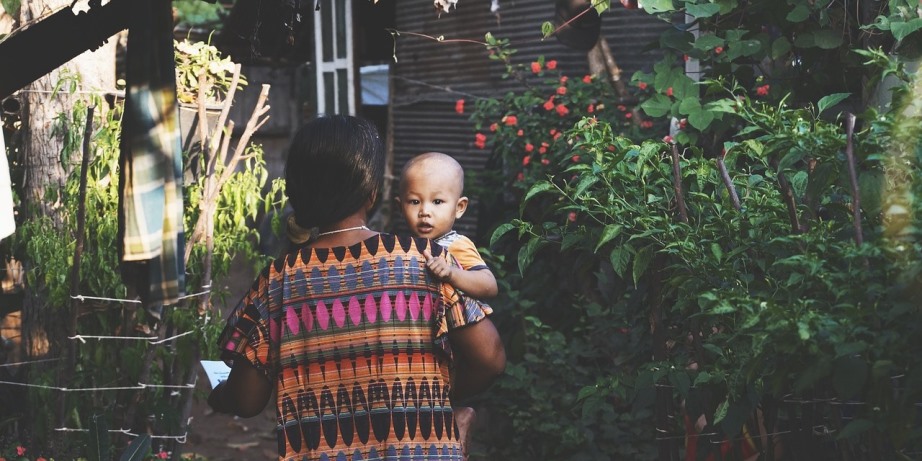
Thai Traditional Midwifery treatments and care consist of the knowledge and practices of holistic healthcare and the wisdom handed down by Thai ancestors. The practice itself is called Pradung Kahn and the Thai traditional midwives are usually called Moh Tum Yae.
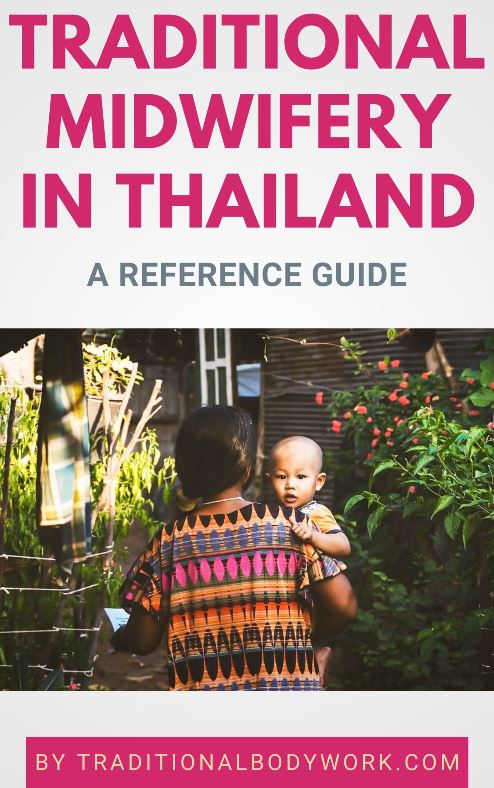
The Thai traditional knowledge about childbirth has been preserved by generations past, and its goal is taking care of women and their babies in the period of pregnancy and in the afterbirth or postpartum period.
The base principles applied in the pregnancy period are an adequate dietary care and Thai Massage application (the latter to decrease pain and fatigue during pregnancy). The overall aim is to prevent complications during labor and to promote a successful and comfortable pregnancy period.
Another purpose of traditional Thai midwives (i.e. Moh Tum Yae) is to encourage that pregnant women give birth at home and to supply women with practical, psychological, and spiritual knowledge for themselves and their baby’s new life.
After childbirth, a body of Thai wisdom knowledge is applied to and for mothers, like for instance Yu Fai Heat Therapy, herbal medicine, and Thai Massage, with the goal of keeping the newborn child and the mother healthy. Some benefits of heat therapy include eliminating lochia (vaginal discharge after giving birth), lessen pain during sexual intercourse, normalizing the pelvic and abdominal area, and increase immunity.
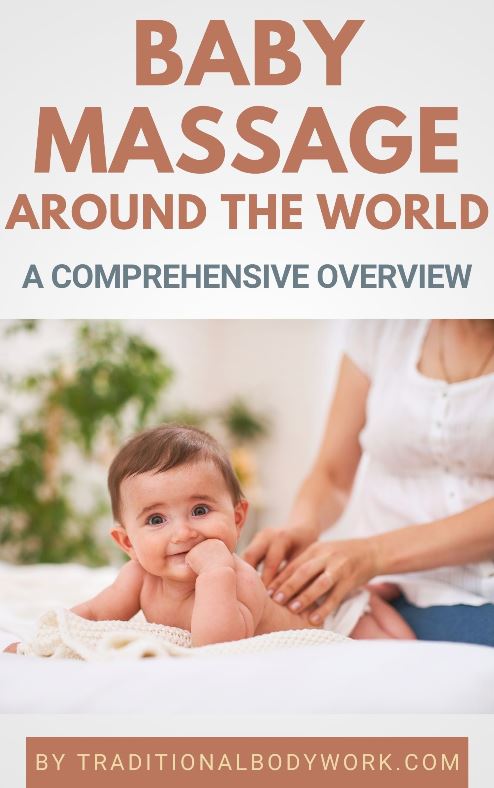
The Thai Traditional Midwifery practice itself is under threat to disappear from Thai society, but the knowledge and wisdom is still prevalent in contemporary times and is often continued by female family relatives. Pradung Kahn in Thailand is heavily influenced by beliefs and applications connected to Buddhism, Brahmanism, Spirits, and Animism.
Fortunately, preservation of Thai Traditional Midwifery knowledge and practice has been established on governmental educational level, and today a number of colleges and universities (and also some private training centers) offer adequate and thorough Thai Traditional Midwifery courses and studies. Most of these Midwifery programs take one year of studies and are often (but not always) part of a more elaborate four-year undergraduate Bachelor study of Traditional Thai Medicine.
The Thai Traditional Midwifery studies today comprise of training, meaning, scopes, and importance of the practice of traditional midwifery, that is — giving care during normal pregnancy, during pre-natal life of the baby, handling complications in pregnancy, care of the baby and infant, and postpartum care for mother and child using both Thai traditional and modern (contemporary) medicine.


